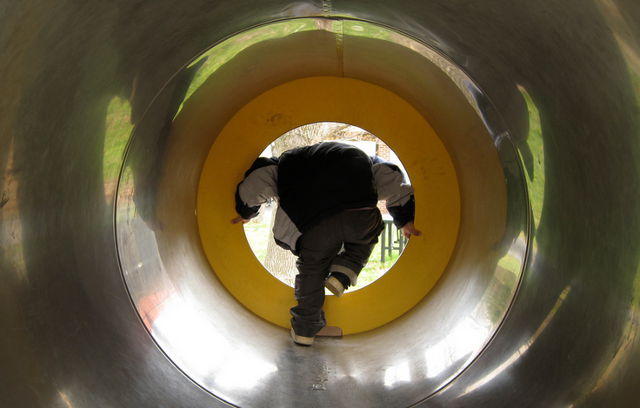At Tuesday night’s Executive meeting, Reverend Val Hards sought to find out how the council is changing its child safeguarding procedures in light of new legislation.
Changes to The Children and Families Act 2014
She asked,
“The Children and Families Act 2014 implements the Government paper ‘An Action Plan for Adoption: Tackling Delay’ published in March 2012.
“Section 14 (2)(ii) of the Children and Families Act 2014 came into force on 22nd of April 2014 and introduced a 26 week time limit for dealing with cases when a local authority is making an application to take a child into care.
“What changes to standard operating procedures has the Isle of Wight Council introduced to ensure that this statutory deadline is complied with in every childcare case it is involved with?”
Priest: “Council fully aware of new requirements”
As the question was submitted as a written question, Cllr Richard Priest, the Executive Member for Children’s Services and Education, was able to give a comprehensive reply,
“Thank you for your question which the Local Authority acknowledges is a key component of the Children and Families Act 2014.
“The IOWC is fully aware of the new requirements which we fully support and they will clearly aim to improve timely decision making for children who are subject to child care legal proceedings.
“Timescales for the completion of children’s care proceedings were a major concern to the Judiciary across the Country and the reasons for delay were due to numerous factors including the requirement to appoint additional experts to reassess a child’s circumstances. The Local authority was not in control of many of these reasons for delay but this act now ensures that all partners including legal advocates adhere to the new requirements.
“Children’s services and our Legal department are working together to monitor every child that is taken through court proceedings to ensure that all cases are completed within the required timescales and that any delay is not due to a failure on behalf of the Local Authority, but is an extension of time agreed by the court to reflect very particular circumstances in a case.
“Our performance over the last 12 months has already significantly improved from an average of 51 weeks to 31 weeks and we are now on track to meet the new timescales from this point. We have recently appointed an experienced social worker to the role of court case officer who will work with all social workers to ensure that the new timescales are adhered to from a Local Authority perspective.
“It should be made clear that the timescales are determined by the courts and not the Local Authority, but all Courts are fully aware of the requirement to complete child care cases within the 26 week timescale and they are now working to this requirement. Only in exceptional cases would this timescale be allowed to exceed the recommended period and only a Judge can agree this.”
Has there been a Government grant?
Reverend Hards asked a supplementary question,
“My question was about what changes to standard operating procedures there were.
“My reason for asking that was because at last month’s meting of the executive it was reported that there was a £2.5m projected overspend for looked-after children, but that you could only afford £2.2m.
“When the Government imposes new legislation, such as the Children and Families Act 2014, the Government usually provides money to fund this new burden on council tax payers.
“So my question is how much of the £2.2m that you claimed last month was new money to be provided by the council was in fact grants from the Government to ensure that the council made those changes and complied with the new law.”
Cllr Priest was not able to answer the question directly and said he’d send a written response. We’ll request a copy of the reply from Cllr Priest and add to this article once received.
Image: Justin Lincoln under CC BY 2.0





